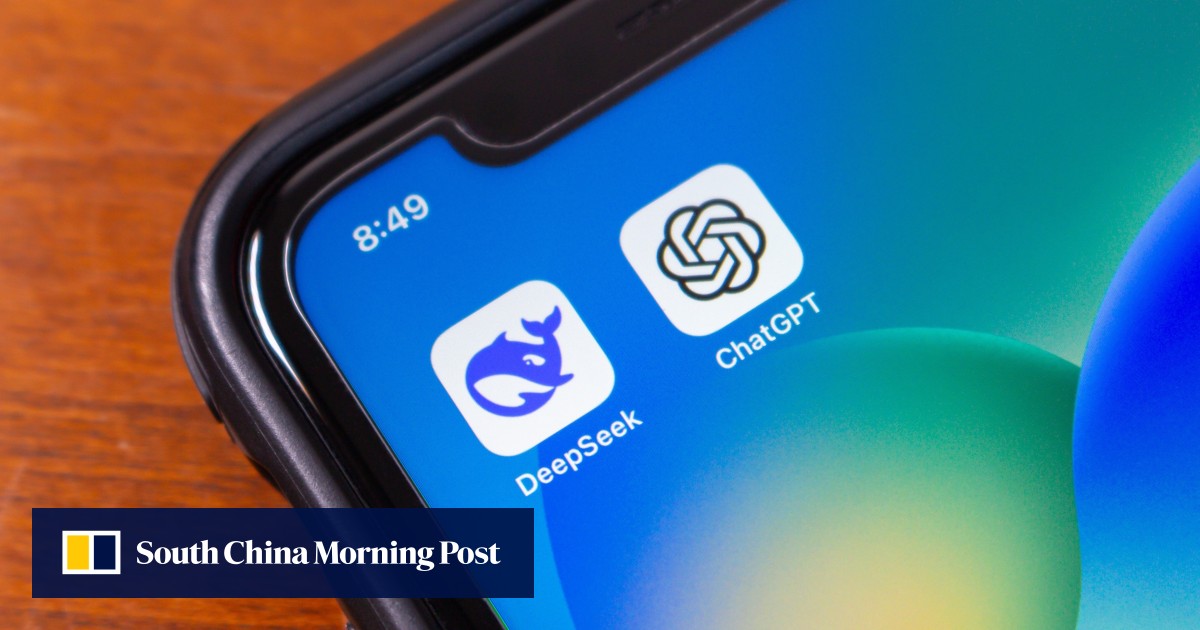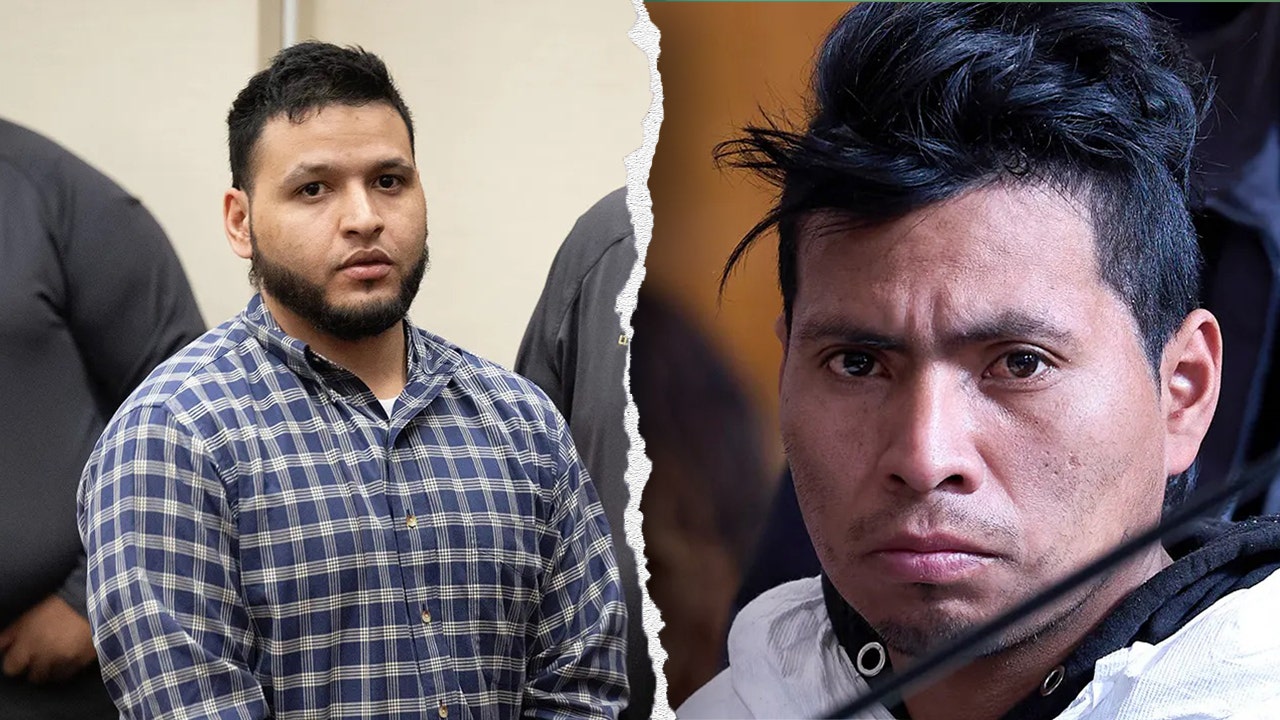As United States Secretary of State Antony Blinken visited South Korea and Japan on his farewell tour of the region, North Korea fired a ballistic missile that landed in waters between the Korean peninsula and Japan.
Secretary Blinken reaffirmed Washington’s unwavering commitment to defending South Korea, emphasising the importance of enhancing bilateral cooperation and strengthening trilateral collaboration with Japan. In August 2023, President Joe Biden hosted impeached South Korean president Yoon Suk-yeol and former Japanese prime minister Fumio Kishida at Camp David to announce a landmark trilateral security pact aimed at bolstering defence cooperation and regional stability.
However, it appears that South Koreans have qualms about Washington’s “ironclad commitments”. In the most recent issue of Foreign Affairs, South Korea-based political science professors Robert Kelly and Min-Hyung Kim argue that Seoul should have nuclear weapons. They contend that Seoul is highly sceptical about Washington’s commitment to its defence due to fears of what they see as an inevitable conflict with North Korea. They argue the US will never trade San Francisco for Seoul.
Initiatives such as the Washington Declaration and the US–Republic of Korea Nuclear Consultative Group, in which Seoul joins the discussions on Washington’s nuclear policies in East Asia, fall short of addressing South Korean concerns about US commitment during a crisis.
One suggested benefit for the US is that a South Korean nuclear deterrent would relieve the US of direct involvement in potential conflicts with North Korea, lowering the risk of escalation with China and reducing America’s security burden.
However, that is why Washington will never want South Korea to develop its nuclear weapons. The US does not want to relieve South Korea and Japan of their security dependence on the American military.

 By South China Morning Post | Created at 2025-01-11 21:39:33 | Updated at 2025-01-12 01:43:26
4 hours ago
By South China Morning Post | Created at 2025-01-11 21:39:33 | Updated at 2025-01-12 01:43:26
4 hours ago








